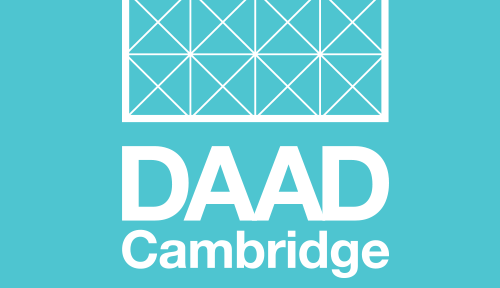
Submitted by Iona C. Hine on Mon, 22/01/2024 - 12:06
In December, the Cambridge Interfaith Programme co-hosted a fifth event in the series Religion, ethnicity, and politics in German, Dutch and Anglo-American contexts: nationalism and the future of democracy. This participatory research workshop was organised jointly by Sophia Johnson (Faculty of Divinity, Cambridge), Dr Marietta van der Tol (Blavatnik School of Government, Oxford), and Stephen Dolan.
Stephen Dolan reports:
“For many, questions about nationalism in Europe is a settled matter. It exists as either the politics of the far-right or as a historic relic that emerged after the Enlightenment. For the scholars attending the workshop (entitled ‘The changing faces of nationalism in Central- and Eastern Europe: ethnicities, religions and nations in the 19th–21st century’), nationalism is far more complex and nuanced.
“The workshop explored the contested questions of identity, belonging, borders, time, and religion as they relate to the nationalist movements that have shaped Central and Eastern Europe today. Throughout the 18 papers presented by scholars from across the world—including from Ukraine, Sweden, and New Zealand—Central and Eastern European nationalism was in the spotlight.
“Dr Laszlo Levente Balogh (University of Debrecen, Hungary) delivered a keynote lecture: ‘Myths about sacrifice in Central-Europe’, exploring the sacralisation of national sacrifice in Germany, Austria, and Hungary. Subsequent papers focused on different nations and their nationalisms throughout history, with examples from Hungary, Slovenia, Croatia, and Poland. Others considered the role of religion in the Balkan regions, the emerging Ukrainian national movements and the role of language.
“The variety of nations and eras covered allowed fruitful comparisons to be drawn and parallels to be found. It also opened up new discussions about the future of Central and Eastern European nationalism, recognising the instability that terms like ‘ethnicity’, ‘culture’, ‘language’, and ‘borders’ have within these regions.”
This event was funded by the DAAD–Cambridge Hub, with additional support from the Cambridge Interfaith Research Forum’s Small Grant scheme.
About the DAAD–Cambridge Hub
The DAAD–Cambridge Research Hub for German Studies was inaugurated in 2016. Drawing support from the German Federal Funding Office, it supports interdisciplinary and collaborative networks to advance research in the broad domain of German Studies. Visit the DAAD–Cambridge Hub website for further information.
About the Cambridge Interfaith Research Forum
Established in 2022, the Cambridge Interfaith Research Forum supports University of Cambridge researchers and alumni active in religious and inter-religious research. The Forum is run by the Cambridge Interfaith Programme team, and open to researchers from any area of the University. Learn more about the Research Forum.
